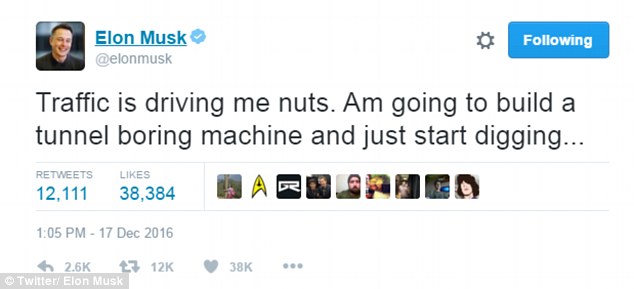When the candidate Donald Trump told the world that he was going to Make America Great Again, it rightly raised a few eyebrows. It seemed incredible that he would be the one to “drain the swamp.” After all, the candidate’s entire professional career reflected the corruption, hypocrisy, and self-indulgence that he purported was at the heart of Washington’s woes. Drain the swamp? This guy? Yeah, right.
Since then we’ve seen that the skeptics more or less hit the nail on the head, and just about everything we heard the apologists describe as campaign rally bluster, not real concerns, have proved to be very, very real. President Trump has been at the helm of a chaotic administration, mired by scandal, corruption, and incompetence since day one. Cabinet picks like Betsy DeVos, Scott Pruitt, Susan Combs, who have spent their lives undermining the agencies they now head, underscore what greatness means to the right wing elite in America today.
But to say I Told You So is to forget that Trump won the election. And foreign meddling or not, he did that by keying in to latent dissatisfaction with the current state of affairs. His conclusions were wildly off-base and baldly racist, sure, but the observation at the heart of his campaign was spot on: the United States isn’t quite as great as we like to pretend.
And while it turns out that when the President said that he was talking non-white men expecting human and civil rights (where do they get off, anyway?), we can turn to a few statistics to see that he’s not entirely wrong.
For instance, the US has the 55th lowest rate of infant mortality in the world. That ranks us behind Cuba, Bosnia, and, well, pretty much every industrialized country on the planet. We boast the largest prison population on Earth, which may have something to do with the fact that a person earning minimum wage can afford even a one-bedroom rental in exactly 12 counties nationwide.
In spite of being the richest country on earth, we’re far from #1 in terms of literacy, life expectancy, or healthcare. We rank 18th in quality of life. Aside from incarceration rates the only places we’re really on the leader board is gun ownership, military spending, and wealth inequality. Oh and drone strikes. I forgot about drone strikes, which is easy for me to do, given that I don’t personally know any of the thousands of civilians who have been killed in them recently.
No sirree, it’s pretty hard to conceive of how the US can look in the mirror and see “best goddamn country on earth.” We could do worse, sure, and we’ve got potential, but there’s work to do and we’re not there yet.
But then one thing does stand out. We’re doing ok on public land. Not great, I guess, we can do better, but hot damn we’ve got a lot of it. Public land in the US takes up about as much space as France, Spain, Sweden, Norway, and Germany, all together. It’s about a million acres, and it belongs to you, really, to go screw around with.
Go for a hike. Ride your bike. Where it makes sense, let’s cut down some trees (and build affordable housing!). Hell, get out and shoot all those guns you have. Diverse and protected public land is America’s greatest asset, and investing in it is not an opportunity, it’s a responsibility.
Right now we face a real, organized, and well-funded effort to undermine public land and disenfranchise the American people from our property. They wrote it down. It’s in the platform. This is happening by de-funding the agencies that manage these landscapes, by undermining the policies that protect them, and by fracturing the communities that cherish and steward these places with cynical legislative straw men.
This is no longer just about Robert Frost and Walden Pond. It’s not just about heritage and family values and a western way of life. It’s all those things too, of course, but public land has emerged as the foundation of the western economy. Public land drives America’s outdoor recreation economy, which, by the way, generates $887 billion in consumer spending and $65 billion in federal tax revenue each year. This is larger than the pharmaceutical industry. It’s larger than the mining industry.
So when we see a president proposing to cut federal trail maintenance budgets by 83% (down to about half the cost of a single Predator drone), or shrinking National Monuments, or gutting clean water protections, it’s hard to see how that’s making anything great again.
Like









